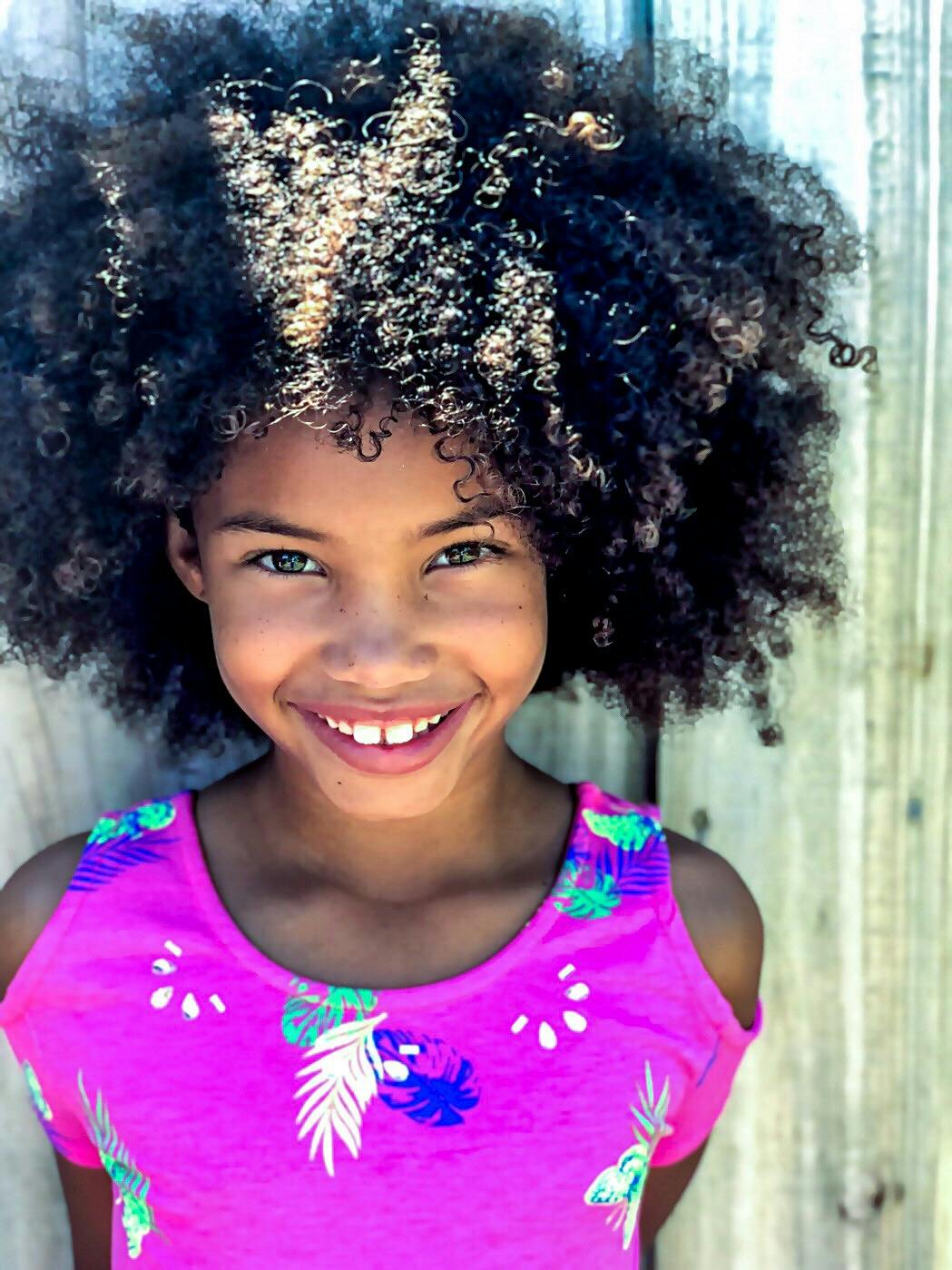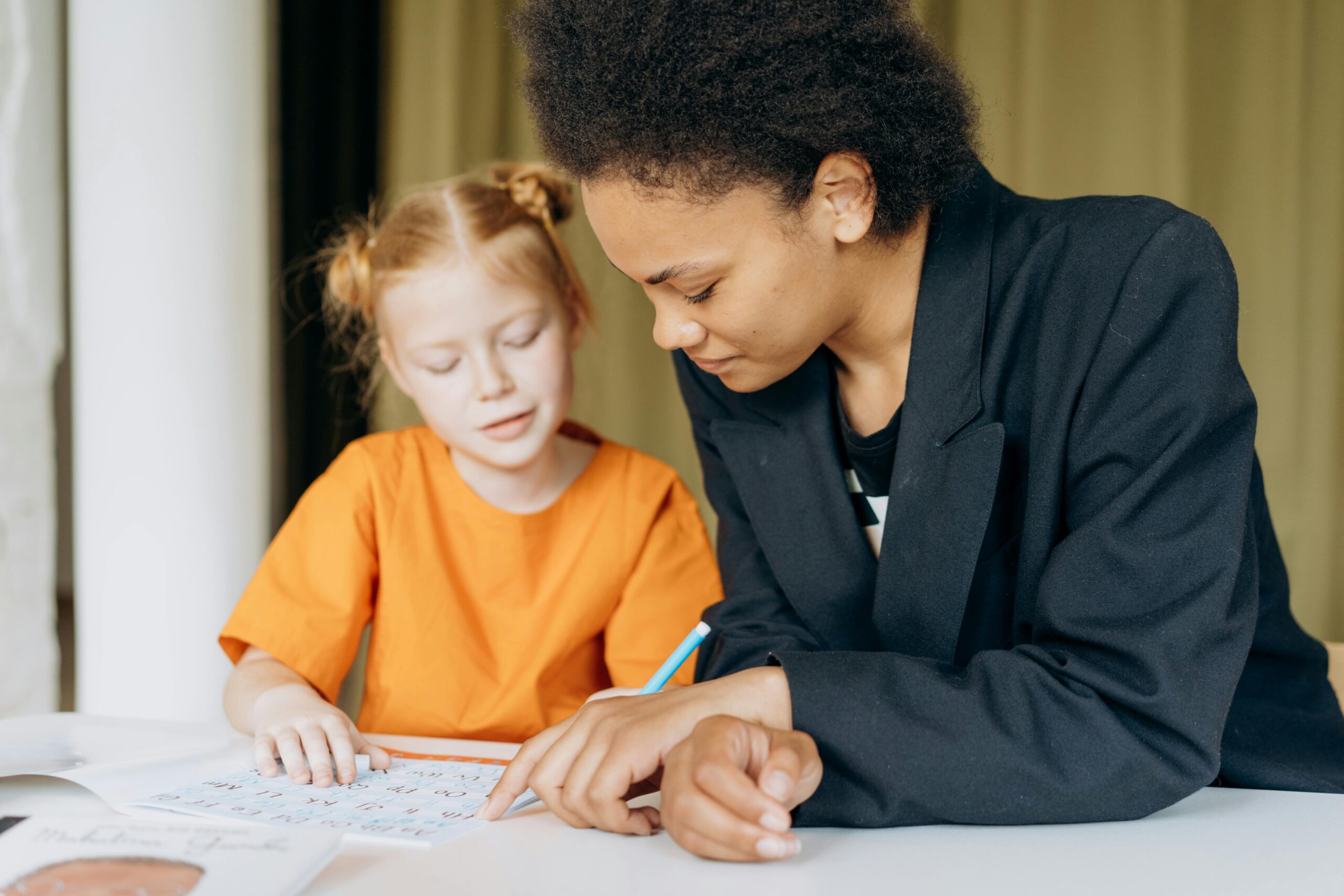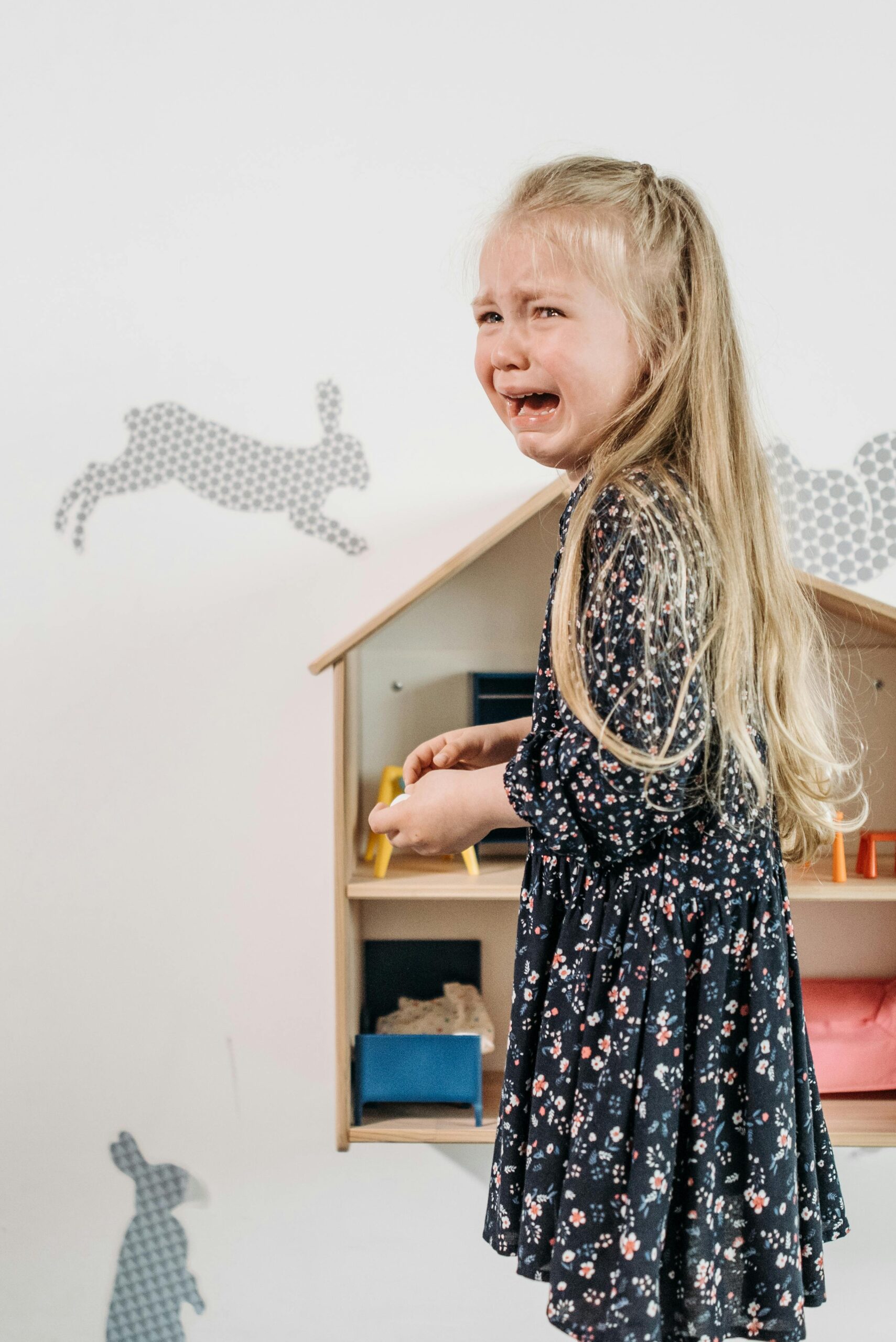Parenting Children with ADHD Hack: Embrace “Good Enough”
Parenting kids with ADHD? Ditch perfection and embrace connection with these ‘good enough’ hacks that lower stress and boost joy in your home.
What is Good Enough Parenting?
Good enough parenting is all about lowering the unrealistic bar you’ve been trying to pole vault over and realizing that walking under it is just fine. It’s letting go of picture-perfect expectations (we’re looking at you, Pinterest moms) and focusing on connection, growth, and surviving until bedtime with your sanity intact. Spoiler: Your kid doesn’t care if the cookies are shaped like snowflakes or blobs—they’re just here for the sugar.
Why is Good Enough Parenting Important for Our Kids with ADHD?
1. Role Modeling Self-Love and Acceptance
When we embrace our flaws, we teach our kids it’s okay to be gloriously, hilariously human. Kids with ADHD already feel like they live in a world full of perfectionists with color-coded planners (that they accidentally dropped in the toilet). Show them that loving yourself—even when you’re a hot mess—is the ultimate superpower.
Pro tip: Narrate your oops moments. “Well, I just sent an email that started with ‘Hell, everyone!’ instead of ‘Hello.’ But hey, I’m human. Good enough!”
2. Modeling Imperfection
Let your kids see you fail gracefully—or at least with a little less drama. Whether it’s burning dinner or trying (and failing) to assemble IKEA furniture, showing them how to recover from mistakes builds resilience.
Say it with me: “This frosting might look like it belongs on a Halloween cake, but it tastes amazing. Next time, we’ll try a little less food coloring.”
3. Avoiding the Perfection Trap
Chasing perfection is exhausting. ADHD kids already feel enough pressure trying to remember their shoes AND socks in the morning. Let’s not add “perfect handwriting” or “Pinterest-worthy science projects” to their to-do lists. It’s okay if the volcano erupts more like a dribble. Science still happened. Check out this article on ADDitude to learn more about perfectionism and ADHD.
4. Accepting Our Kids Where They Are
When your kid cleans their room and it still looks like a crime scene, take a breath. Remember, this is a victory! Instead of critiquing the effort, celebrate it. “Wow, I love how all the toys are piled in one corner! So innovative.” Translation: You didn’t fix it, and now you don’t have to clean it later. Winning.
5. Building Grit and Flexibility
Flexibility is an executive function skill kids with ADHD often struggle with, and let’s be real—so do we. Adopting a “good enough” mindset teaches kids to roll with the punches (or the pancake batter spilled on your shoe). Life throws curveballs, and a little grit goes a long way. Want to teach your child to be flexible? Check out this post with more tips to work on this skill.
Spoiler: Flexibility isn’t just about bending to life’s chaos. It’s also about learning to laugh when your 9-year-old turns your living room into a giant obstacle course for the cats and refuses to let you move anything.
6. Helping Kids Navigate Hyperfocus and Overwhelm
Some kids hyperfocus on the tiniest details (because who doesn’t need their LEGO masterpiece to be structurally sound?), while others see a big project and immediately turn into sloths. Remind them that “good enough” is the magic key to getting started—and finished. “You don’t have to make the best diorama in history, kiddo. We just need something that’s not literally on fire.”
7. Encouraging Independence and Autonomy
Letting kids take the lead—even if it means the Christmas tree looks like it got dressed in the dark—is a gift to their independence. The hardest part? Resisting the urge to “fix” it. Remember, it’s a tree, not a centerpiece at the Met Gala. They’ll feel proud, and you’ll feel…well, you’ll feel slightly twitchy, but also proud.
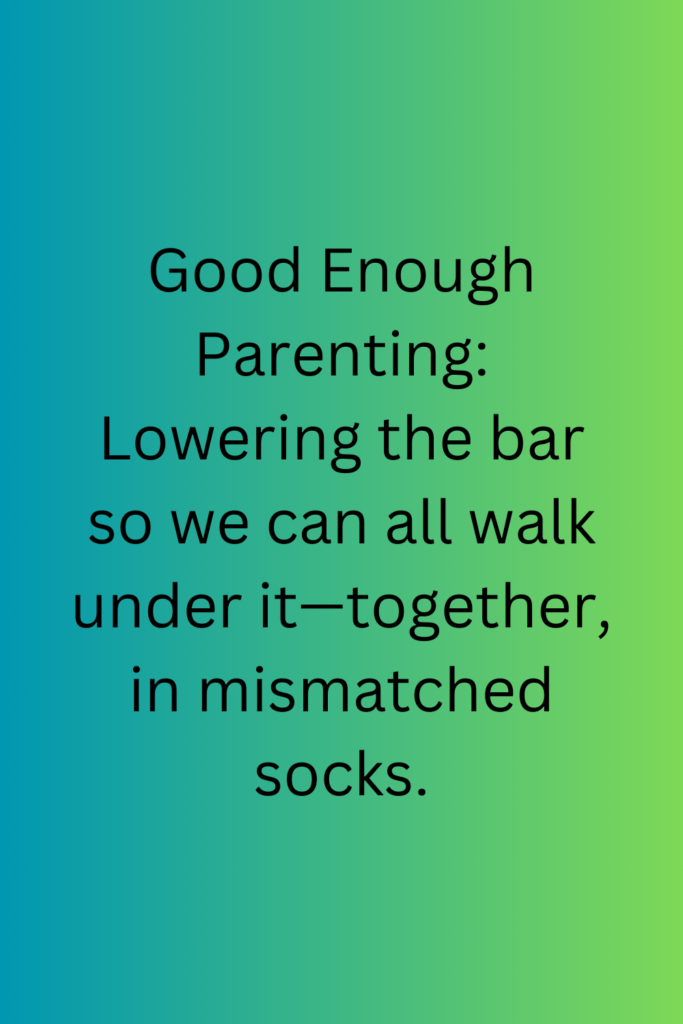
Why Is Good Enough Parenting Healthy for Us?
- Reduces Parental Stress
Parenting neurodiverse kids is like running a marathon—uphill, in the rain, while juggling. Letting go of perfection lightens the load. Plus, your messy living room isn’t going to land you on the evening news. - Focuses on Quality Time
Who cares if the cookies are a little burnt? Your kid is just happy you baked together. (And don’t forget, frosting fixes everything.) - Keeps the Big Picture in Perspective
Will your kid remember the perfectly folded laundry or the time you danced in the kitchen like a lunatic to their favorite song? Thought so. - Releases Unrealistic Expectations
Let go of the pressure to have the cleanest house, the best crafts, or the perfectly behaved child. Your sanity will thank you. Check out this article about letting go of expectations. - Validates Individual Differences
Everyone’s version of “good enough” is different. For some, it’s clean-ish rooms. For others, it’s surviving school drop-off without losing a shoe. There’s no judgment here—just a virtual high-five.
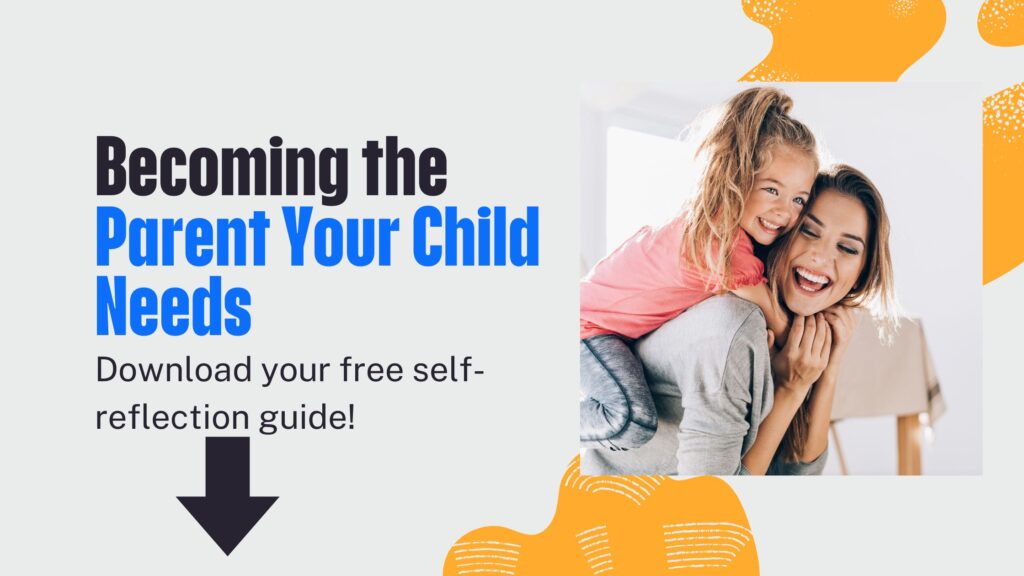
Take the first step toward becoming the parent your child truly needs with this free self-reflection guide! Click HERE to get the free guide.
How to Implement Good Enough Parenting Daily
- Let Your Child Take the Lead
Trust me, the Christmas tree won’t judge you for uneven tinsel. Let them go wild, and enjoy their giggles as they try to stick ornaments on the dog. - Embrace Their Ideas
When their LEGO creation defies both physics and logic, celebrate their brilliance instead of reaching for the instruction manual. - Model Acceptance of Your Own Imperfections
“This cake looks like a pancake, but it tastes amazing. And hey, now we’ve invented pancakery!” - Prioritize Connection Over Perfection
Stop sweating the mess and start making memories. Play. Laugh. Be goofy. Messes can wait; kids grow up fast. For more about connection, check out this post! - Be Flexible with Expectations
Life with ADHD kids rarely goes as planned. You wanted a family photo where everyone looked at the camera, but you got one where the dog sneezed and your kid’s wearing underwear on their head. Frame it anyway—it’s perfect.
Key Takeaway:
Good enough parenting isn’t about lowering your standards—it’s about ditching the standards that don’t matter. It’s choosing connection over control, joy over judgment, and love over perfection. So go ahead, embrace the chaos, laugh at the mishaps, and remember: Good enough really is more than enough.
Got your own ‘good enough’ parenting win? Share it in the comments below!
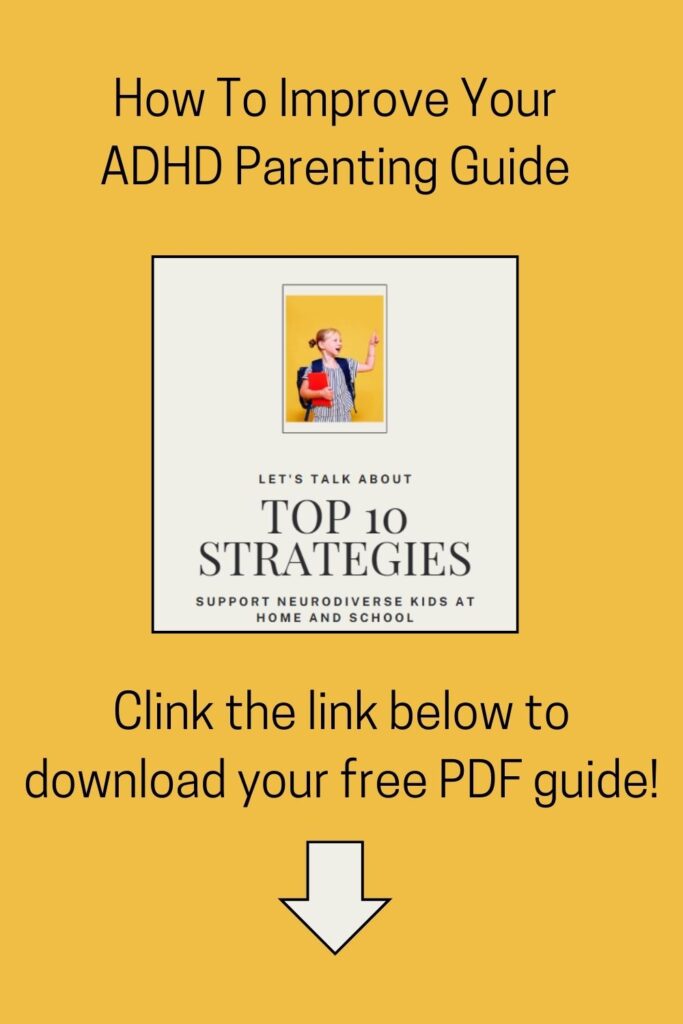
Check out this FREE resource: Top 10 Strategies to Support Neurodiverse Kids at Home and School! Click HERE to get the resource.
